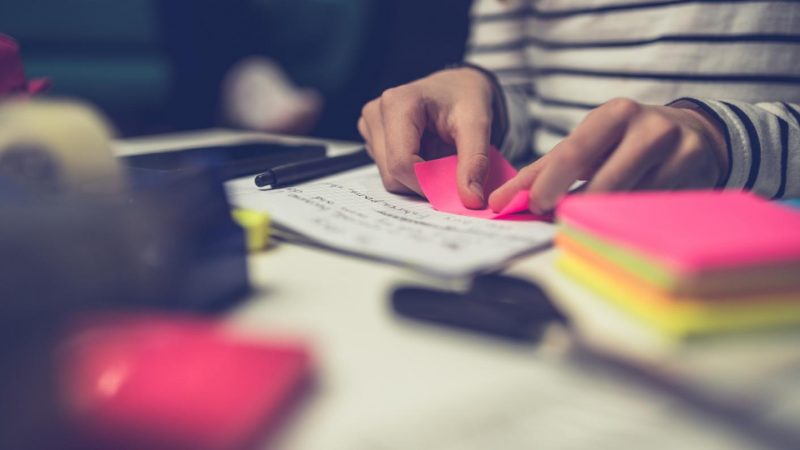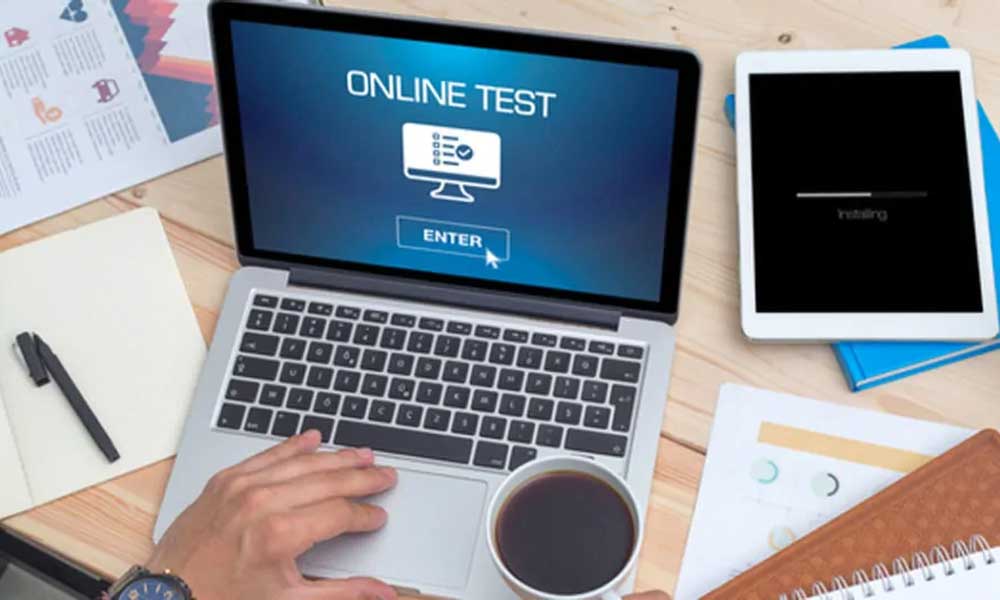The Staff Selection Commission (SSC) is the organization that is responsible for recruiting employees in the various ministries and departments that are found under the realm of the Government of India. The recruitment is done through the means of identifying the need, conducting examinations and interviews for the CGL (Combined Graduate Level) Examination.
SSC CGL examination is the most popular exam conducted by SSC. It is undertaken by lakhs of individuals who aspire to become a Gazetted Officer under the Government of India. Certain specific eligibility criteria for this exam include:
- All applicants must be between the ages of 18 and 32 years old. The same changes depending on the position and certain concessions are granted for reserved groups such as SC/ST, OBC, and others.
- An individual must be an Indian citizen, or a Bhutanese or Nepalese subject, or a Tibetan refugee who arrived in India before 1962 with the purpose to settle in India. Alternatively, an individual of Indian origin born in Burma, Pakistan, Uganda, Ethiopia, Zambia, Tanzania, Sri Lanka, Kenya, Malawi, Zaire, or Vietnam with plans of settling in India.
- To be qualified to take the exam, the candidate must hold a Bachelor’s Degree from a recognized university.
Due to such a high number of aspirants, the chances of cracking the exam become low and so, it is crucial to have an adequate strategy that can help you to clear the difficult examination. A lot of times, it is the lack of proper planning or time management that becomes the reason for one’s failure. It is crucial to turn it around, especially during the final few weeks. There are many online websites that offer great help and tips for your preparation. For any doubts related to these examinations, you can refer to the various resources available and begin your preparation.
The following tips can help you prepare for the SSC CGL exam:
1. Practice is Key

It is very important to keep practicing and working on the topics covered. This will not only help the aspirant to gain confidence but also measure his level of speed and accuracy. The topics that are taking more time, for instance, should take more practice to achieve the required finesse and meet the time constraint. The best way to practice and increase speed is by taking up a large number of questions each day and working on them. The goal should be to ensure that every day; the time taken to complete the set number of questions should reduce significantly. Similarly, keep reading different articles and comprehensions to help prepare for your English Language section.
2. Keep Revising

CGL Examination requires the aspirant to cover a vast set of topics, not necessarily from the same subject either. Hence, it is very important to keep going back to these topics from time to time and brush off your skills and memory. Keep memorizing the significant formulas, and working on skills to solve the quantitative set of questions. Also keep working on your strong suits. For instance, tricks to solve questions related to say profit and loss, percentage, time and distance, and so on.
Similarly, keep revising and working diligently for your English section. This section can be worked upon quickly due to possible similarities in the question pattern and so, the revision would allow you to understand the questions better.
3. Use Mock Tests for Assistance

Online mock tests help carve the way to success. Giving an adequate number of mock tests would allow the aspirant to have a better idea of time management, something that is highly crucial during this examination. Further, they will also allow one to better comprehend their weak areas and accordingly, work on the areas that require more effort.
As the examination is conducted in various Tiers, some differences need to be kept in mind while preparing for it. Certain tips for specific Tiers are as follows:
-
For Tier I:
Try to cover topics that are usually more scoring like puzzles, figure-based questions, analogies, questions related to coding and decoding, etc. Following these, move to more complex and versatile questions. This will allow you to manage time and also gain confidence.
Topics like figure counting, image assembling, and other questions related to the non-verbal arena take more time. Practice these more to increase speed and accuracy.
Make notes to remember specific chronologies and dates, avoid cramming too much information at the last minute.
For the quantitative section, be mindful of topics that are usually more scoring, such as percentage, age-related problems, rations, etc.

-
For Tier II:
Read newspapers diligently to help with the English language and comprehension. Along with this, practice from previous question papers, as well as English grammar books.
Brush up on class XI and XII Economics topics related to the balance of payment, demand and supply, and so on. Also, be thorough with concepts and definitions related to Indian and World Economics.
-
For Tier III:
This examination is all about writing and consequently, all about practice. It is important to be able to give a proper structure to your writing question, along with providing quality content. Even towards the end of your preparation, dedicate some time to work on these skills. Further, try and read books that contain smaller essays- a quick read now and then would allow you to learn more words and get familiar with diverse ways of writing.
-
For Tier IV:
Candidates who clear Tier III are eligible for Tier IV examination, which includes Computer Proficiency Test and Data Entry Speed Test. While the former includes word processing, generation of slides and spreadsheets, the latter consists of essentially a typing test.
More than anything else, it is important to relax your mind and remain confident in your ability and hard work. While practice is important, it is also equally important to calm your nerves. Hence, give yourself some leisure time here and there, eat nutritious and balanced food, and try and get in light workouts as well. It is important to have a steady routine, both in terms of preparation, as well as rest and fruitful sleep.
From an exam point of view, always target questions that you are sure of or ones that take up less time. It is also important to remember that there is negative marking in the actual examination. Click here for more info if you are looking for mock tests, exam patterns, syllabus, or upcoming exams.


